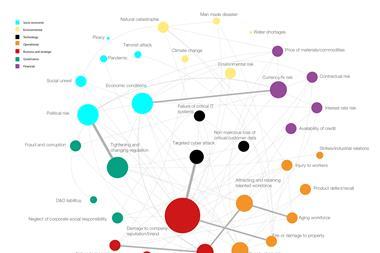JLT pleased by delay but OECD is concerned
At the end of January the UK government put the kibosh on the controversial Bribery Act giving companies more time to prepare for the new rules. The Act was meant to come into force in April after already being postponed once by justice Minister Ken Clark.
The Ministry of Justice (MoJ) said that this time the delay was down to them failing to publish guidance for companies. The MoJ said that it is “working on the guidance to make it practical and comprehensive” and that once it’s been published there will be a 3 month notice period before the Act actually takes effect, which means the rules won’t be enforced until May at the earliest.
Anti-bribery groups expressed concern at the delay. The Organisation for Economic Cooperation and Development (OECD), one of Europe’s foremost anti-bribe lobbies, urged the UK to honour its commitment. “If the Act’s entry into force is delayed, more bribe payments would be governed by the current, much weaker law,” said the OECD. Read the statement here.
Chandrashekhar Krishnan, executive director of Transparency International, described the news as “disastrous” and lambasted the government for failing to prepare or confirm a revised time frame. “This raises serious doubts about the credibility of the government’s commitment to the Bribery Act,” she said.
Krishnan added that the delay would put companies that conduct their business ethically at a competitive disadvantage. It is a feeling shared by many businesses who are worried that they will be punished for offering hospitality to potential clients or making routine “facilitation payments”. The argument goes that companies bound by the Act will be forced to act at a competitive disadvantage when pitching for work overseas.
Directors liability experts at JLT welcomed the delay. Kurt Rothmann, a partner with JLT, said that the delay gives the government more time to provide “comprehensive and clear guidance”.
He added: “There is currently no indication that the Act itself is likely to be amended, but rather that there will be more detailed guidance for businesses on how to comply with the Act and perhaps of more relevance - how a Prosecutor will react to certain levels of gifts/entertainment and facilitation payments."



















